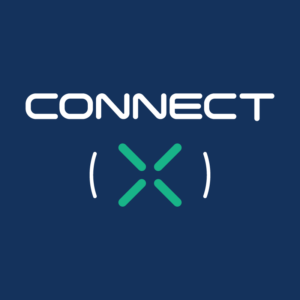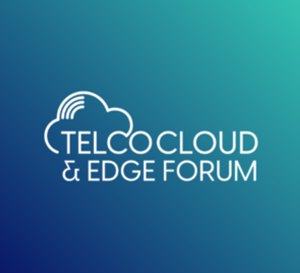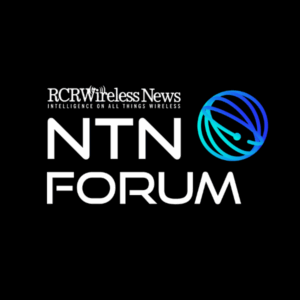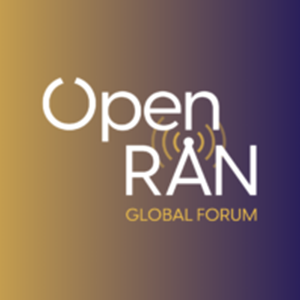Following more than 15 months of trials, regional wireless operator U.S. Cellular Corp. plans to commercially launch its Easyedge data service today, providing customers with access to the carrier’s expanding CDMA2000 1x network and throwing its hat into an increasingly competitive data market that has to this point been dominated by nationwide operators.
U.S. Cellular noted the Qualcomm Inc.-developed BREW-based offering, which it has been testing in its Knoxville, Tenn., market, will include access from both personal computer cards and 1x-based handsets. The PC cards initially will be offered to U.S. Cellular’s business accounts at launch and expanded to retail locations next year. The 1x-enabled handsets will be offered in eastern Tennessee and Iowa at launch and expand to the carrier’s Wisconsin, Chicago and central/western Illinois markets next month, followed by the Missouri, Oklahoma, Nebraska, Indiana and New England markets in November.
The carrier added that its remaining markets will launch as its 1x overlay plan continues to progress, and it expects to have 75 percent of its network covered by the end of this year.
Analysts applauded U.S. Cellular’s launch, noting the financial benefits of wireless data services should not be limited to the nationwide operators.
“Data is a very good way to add value and revenue to an offering, and smaller carriers should not leave the data space just to the big guys,” said Roger Entner, program manager of wireless and mobile services at the Yankee Group.
While U.S. Cellular’s PC card option is expected to offer customers Internet access at speeds in excess of 100 kilobits per second, the carrier said its handset offering will include more than 60 applications, including downloadable content, which it expects to drive adoption of the service.
“We expect certain games and downloadable applications to be the main driver for the service,” said John Cregier, senior director of data strategy and services at U.S. Cellular, who noted the carrier has seen encouraging adoption of its downloadable ring tones.
The Yankee Group’s Entner added that in addition to providing customers with access to more content, the BREW financial model should prove appealing to smaller CDMA carriers, which was highlighted by rural operator Midwest Wireless’ launch of its BREW-based services earlier this year.
“BREW is an ideal way for smaller CDMA players because it comes in at a smaller price point since Qualcomm is handling all the back-office systems,” Entner said.
Despite the differences in selling wireless data as compared with selling traditional voice services, U.S. Cellular said it intends to make sure all of its employees are as familiar with the Easyedge service as they are with the carrier’s voice offerings. To that end, U.S. Cellular instituted company-wide initiatives to familiarize its employees with the wireless data service, including providing each employee with eight hours of wireless data training as well as an Easyedge device.
“It’s critical that every one of our customer contacts is comfortable with the products and services,” said Jay Ellison, executive vice president of operations for U.S. Cellular.
While U.S. Cellular’s data service may not have the reach of its nationwide competitors, the carrier’s pricing should prove compelling. Data pricing for handsets will include 2 megabytes of data transmission for $6 per month or 10 megabytes for $11 per month with a pay-as-you-go option also available on a per-kilobyte basis. U.S. Cellular added that it will offer the first two months of service free as a promotion for the offering.
Pricing plans for heavier data users with PC cards include $35 for 20 megabytes, $50 for 50 megabytes, $65 for 125 megabytes and $80 for unlimited use, which is similar to what a number of nationwide providers are offering.
“U.S. Cellular is not driving down pricing; they are just providing a competitive offering,” said Entner, who warned the industry needs to be careful about driving down the perceived value of wireless data services.
“It’s a cutthroat, competitive industry, and U.S. Cellular has to adjust its pricing to the ongoing market conditions that are sometimes less than rational,” Entner noted.
Verizon Wireless started the unlimited access option last year with a $100 offering prior to Sprint PCS’ Vision wireless data launch. Sprint PCS matched the offering and soon upped the pricing pressure with an $80 unlimited price point that Verizon Wireless eventually matched.
Sprint PCS has since rolled back its pricing pressure by replacing the unlimited offer with a “virtually unlimited” 300-megabyte plan for $100 per month while Verizon Wireless continues to offer unlimited access to its Express Network for $80 per month.
The CDMA carriers have recently been joined by their GSM competitors in offering unlimited access plans to their GPRS networks. T-Mobile USA Inc. launched an unlimited access plan for $30 per month, and both AT&T Wireless Services Inc. and Cingular Wireless L.L.C. have launched unlimited access to their GPRS networks for $80 per month.






